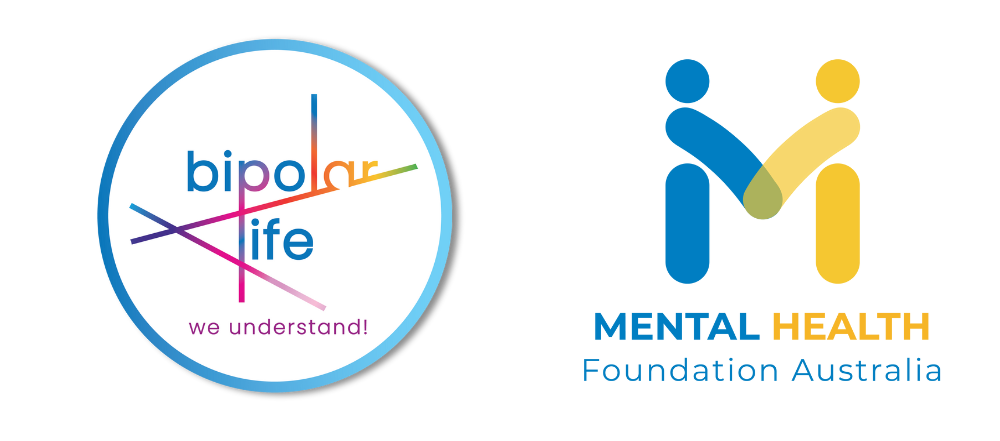UNDERSTANDING YOUR TRIGGERS

Everyone occasionally experiences situations that cause their mind to race. Imagine that feeling amped up several notches and persisting without relief and you have an idea of what it’s like to experience racing thoughts. This symptom often signals a hypomanic or manic episode in people living with bipolar disorder, although there are other possible causes.
Characteristic Features
Racing thoughts are more than just thinking fast. Rather, they are a rapid succession of thoughts that cannot be quieted and continue without restraint. They can progressively take over a person’s functional consciousness and gallop out of control to a point where daily life can be affected. This symptom can become so severe that it interferes with the ability to sleep.
When talking with someone experiencing racing thoughts, it’s usually readily apparent because they not only speak at a rapid clip but also quickly jump from one topic to another. This outward manifestation of racing thoughts is called flight of ideas. Thus, racing thoughts and flight of ideas are two sides of the same coin.
Racing thoughts might revolve around rhythms, almost like a broken record without sound. They might include a bar of music, a snippet of a conversation, a sentence in a book, or dialogue from a movie that repeats in one’s mind. Importantly, racing thoughts do not involve hearing voices, a symptom associated with schizophrenia and other types of psychotic disorders.
Racing Thoughts in Bipolar Hypomania and Mania
Racing thoughts are often one of the first symptoms to develop when someone with bipolar disorder is entering a hypomanic or manic episode. It can be—but is not always—a debilitating experience. Some people describe it as having excessive thoughts that move quickly, but with a sense of fluidity and pleasantness.
In others, however, the experience can be jarring. Concentration can become increasingly difficult, and the inability to quiet the relentless onslaught of thoughts can prove unnerving and disruptive. It is not unusual to hear of people who need to play word games for an hour or two just to settle their thoughts enough to sleep.
Racing thoughts and flight of ideas in the context of a hypomanic or manic episode are accompanied by other signs and symptoms that might include:
- Pressured speech
- Reduced need for sleep
- Persistently elevated or irritable mood
- Increased energy and restlessness
- Increased distractibility
- Grandiose thinking
- Risk-taking behavior
- Mania in Bipolar Disorder
Racing Thoughts That Predate Bipolar Disorder
People who experience hypomania—as opposed to full-blown mania—are typically able to maintain their daily functioning and, as such, often go undiagnosed until their first depressive episode occurs. Thus, racing thoughts and flight of ideas may predate a person being diagnosed with bipolar disorder, typically type II.
Additionally, racing thoughts and flight of ideas that occur without the requisite number of accompanying symptoms to meet the criteria for a diagnosis of hypomania or mania may identify a person at risk for eventually developing bipolar disorder. This is sometimes referred to as a subthreshold bipolar disorder.
Racing thoughts and flight of ideas accompanied by an elevated or irritable mood appear to increase an individual’s risk for eventually developing the full-blown bipolar disorder, as reported in a study published in 2013 in the Journal of Affective Disorders.
Other Considerations
Racing thoughts and flight of ideas can occur with conditions other than bipolar disorder, including major depression and anxiety disorders. Certain drugs can also cause racing thoughts, such as methamphetamine and cocaine. Withdrawal from these drugs as well as opiates and heroin can also cause racing thoughts.
While racing thoughts can be a symptom of a mental disorder, they are not specific to a particular illness. The accompanying signs, symptoms, mood, and behaviors help distinguish among the various possible causes of this symptom.
Talk with your doctor if you experience racing thoughts, especially if they interfere with your ability to work, sleep, concentrate, or interact with others. Once the cause of your symptoms is identified, you can receive appropriate treatment.
By Marcia Purse July 25, 2019
